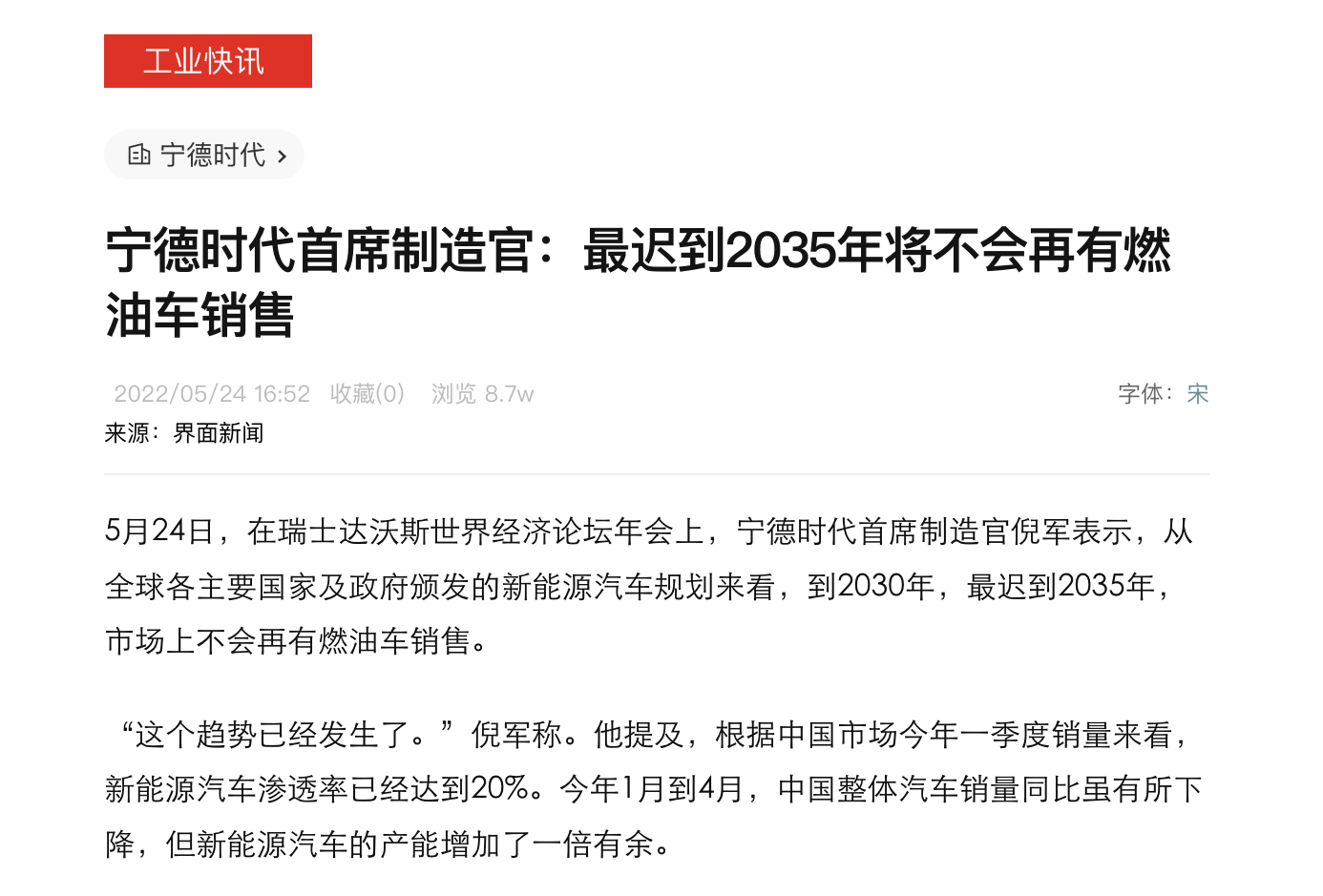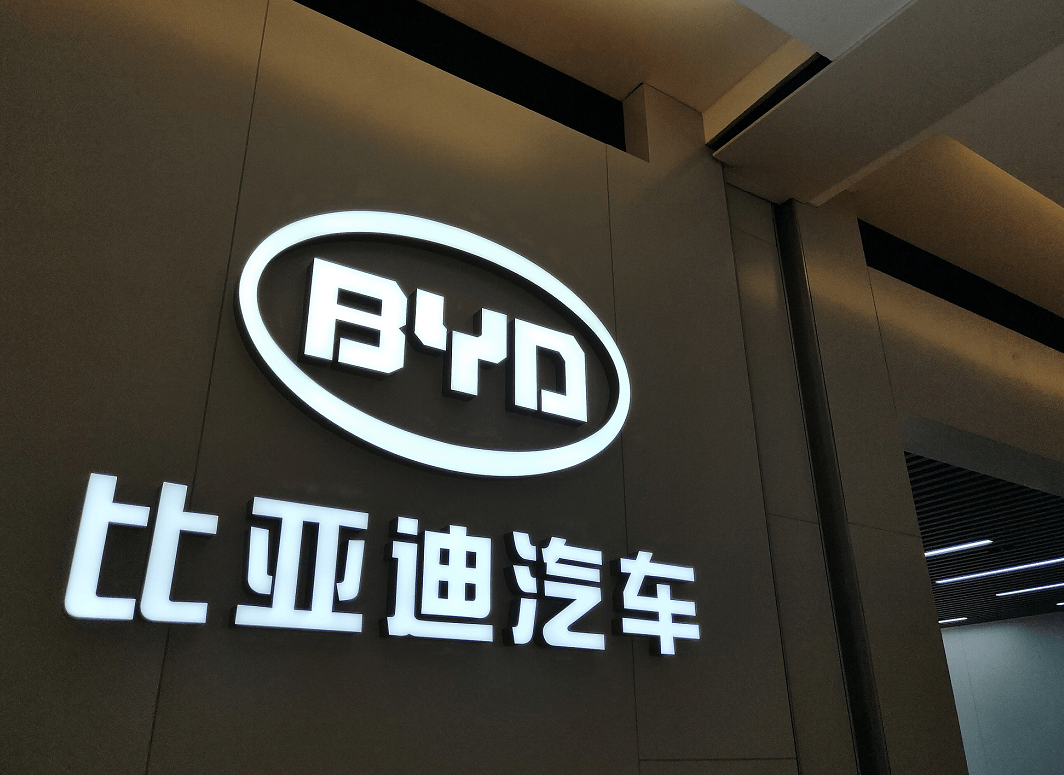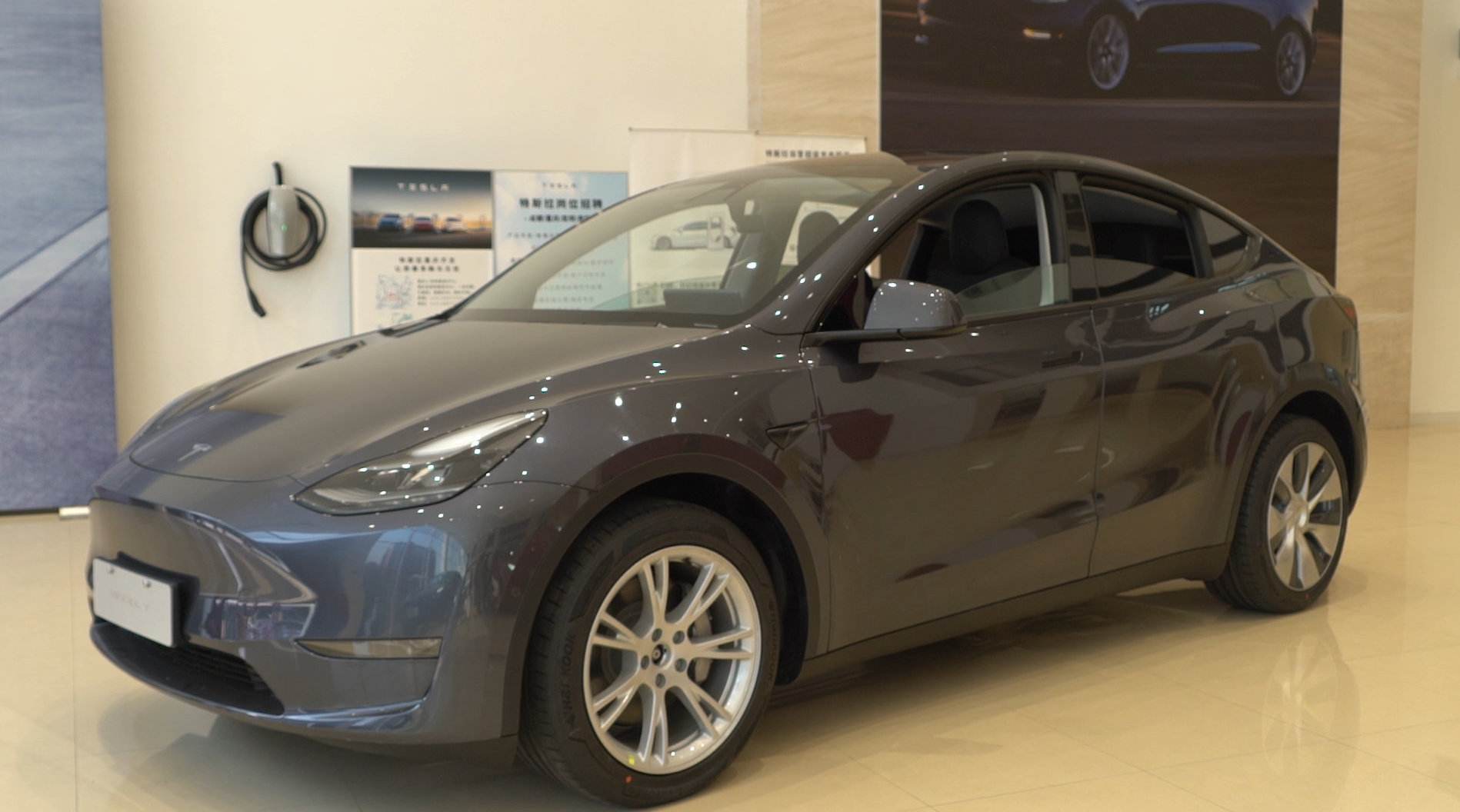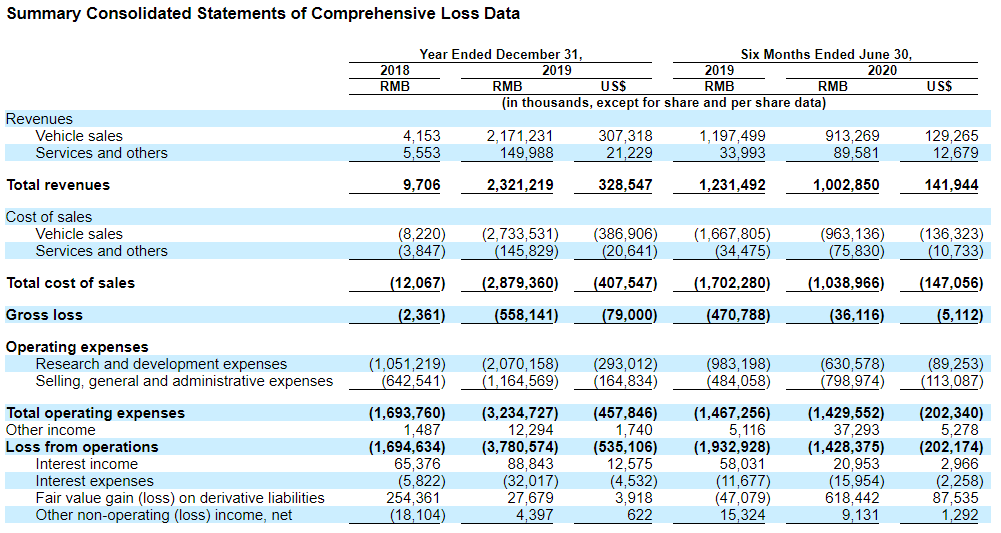In addition to Weibo, there is also WeChat
Please pay attention

WeChat public account
AutoBeta


2024-09-17 Update From: AutoBeta autobeta NAV: AutoBeta > News >
Share
AutoBeta(AutoBeta.net)05/25 Report--
On May 24, at the annual meeting of the World Economic Forum in Davos, Switzerland, Ni Jun, chief manufacturing officer of Ningde Times, said that judging from the plans for new energy vehicles issued by major countries and governments around the world, by 2030, no more fuel vehicles will be sold on the market. Ni Jun said, "this trend has already taken place, and the penetration rate of new energy vehicles in the Chinese market reached 20% in the first quarter of this year."

According to the Federation of passengers, retail sales in the domestic narrow passenger car market totaled 4.915 million in the first quarter, down 4.5 per cent from a year earlier. Of these, domestic sales of new energy vehicles were 1.07 million, up 146.6 percent from the same period last year, while sales of traditional fuel vehicles were 3.845 million, down 18.4 percent from the same period last year. In other words, new energy vehicles are growing strongly against the backdrop of declining fuel vehicle sales.
What is the concept of 20% permeability? This means that for every 100 cars sold in the first quarter, 20 are new energy vehicles, and the market share of traditional fuel vehicles has been torn apart. In addition, the penetration rate of 20% of new energy vehicles has a more special significance. The so-called permeability refers to the ratio of "existing demand for goods" to "potential demand for goods", while 20% penetration often indicates that the development of the industry will usher in a "main rising wave".

At the end of last year, Li Bin, chairman of Xilai, said, "I don't understand at all. Why do people still buy petrol cars now?" Apart from smelling gasoline, is there anything good about an oil truck? Listen to the sound? " Triggered a heated discussion, and with the national and local preferential policies to speed up the development of new energy, car companies at home and abroad accelerate the layout of new energy products, the issue of "whether and when to stop the sale of fuel vehicles" has been unavoidable on the board.
In early April, BYD announced that it would stop production of fuel-fueled vehicles and focus on pure electric and plug-in hybrid vehicles, becoming the first car company in the world to stop producing fuel vehicles. For BYD, stopping production of fuel vehicles is not only in line with the development of the market, but also the inevitable trend of the transformation of BYD's automobile business. In recent years, BYD has accelerated the layout of new energy vehicles, whether it is the newly launched Han, or the newly developed blade battery and DM-i super hybrid system, BYD can clearly feel that BYD is more focused on the development of new energy vehicles, and as BYD's new energy vehicles continue to fall short of demand, it has strengthened its determination to invest in new energy vehicles in an all-round way.

In fact, it may only be a matter of time before automakers stop producing fuel vehicles under increasingly stringent carbon regulations and global carbon neutralization targets. Among them, BAIC, Changan and Nissan will completely stop selling fuel vehicles in 2025, Mercedes-Benz and Honda will stop selling fuel vehicles in 2030 and 2040 respectively, Toyota plans to take the lead in 2030 to stop selling fuel vehicles in China, Europe and North America, BMW plans to stop selling fuel vehicles in 2030, Volkswagen and Kia plan to stop selling fuel vehicles in 2035. In addition, GM, Ford, Jaguar, Volvo, Aston Martin and Maserati have also made it clear that they will stop selling fuel vehicles in the future.
At the same time, the market has also given positive cooperation. According to the incomplete statistics of the auto industry, including Norway, the Netherlands, France, the United Kingdom, California, Germany and India and other markets have said that the sale of fuel vehicles will be banned. In the Chinese market, the State Council issued the "carbon Dafeng Action Plan before 2030" on October 26, 2021, clearly proposing to vigorously promote new energy vehicles and gradually reduce the production and sales ratio of fuel vehicles. Previously, Hainan Province took the lead in putting forward the goal of "completely suspending the sale of fuel vehicles by 2030" as early as 2019.

Generally speaking, whether at the national level or at the enterprise level, although there is still a big difference in time, it may be inevitable to "stop the sale of fuel cars". However, even so, it does not mean that the fuel car has come to an end.
According to the latest retail data released by the Federation of passengers, the retail volume of domestic narrow passenger cars in 2021 was 20.146 million, an increase of 4.4 percent over the same period last year, of which 2.989 million were new energy passenger vehicles, an increase of 169.1 percent over the same period last year. From the data point of view, although the rapid development of new energy vehicles, but from the proportion of sales, there is a significant gap between new energy vehicles and traditional fuel vehicles, traditional fuel vehicles will not withdraw from the historical stage in a short time.
Fundamentally speaking, BYD took the lead in stopping the sale of new energy vehicles, combined with its own conditions and current situation, and can not be simply and roughly summarized as "the fuel truck is coming to an end." At the same time, more and more car companies have issued the time to stop production of fuel vehicles, in fact, more is the future development plan, there will not be much change in the short term, and the impact on the overall automobile market is still difficult to judge.
Of course, the transition from fuel vehicles to pure electric vehicles will not change, and no one can be sure when they will be completely replaced. What's more, the relationship between new energy vehicles and fuel vehicles is not contradictory, but balanced and complementary, and there will not be the phenomenon that fuel vehicles are completely replaced by electric vehicles. In addition, because of the disadvantages of new energy passenger vehicles, it is difficult for them to quickly complete the task of "replacing" fuel vehicles.
Welcome to subscribe to the WeChat public account "Automotive Industry Focus" to get the first-hand insider information on the automotive industry and talk about things in the automotive circle. Welcome to break the news! WeChat ID autoWechat
Views: 0
*The comments in the above article only represent the author's personal views and do not represent the views and positions of this website. If you have more insights, please feel free to contribute and share.











© 2024 AutoBeta.Net Tiger Media Company. All rights reserved.